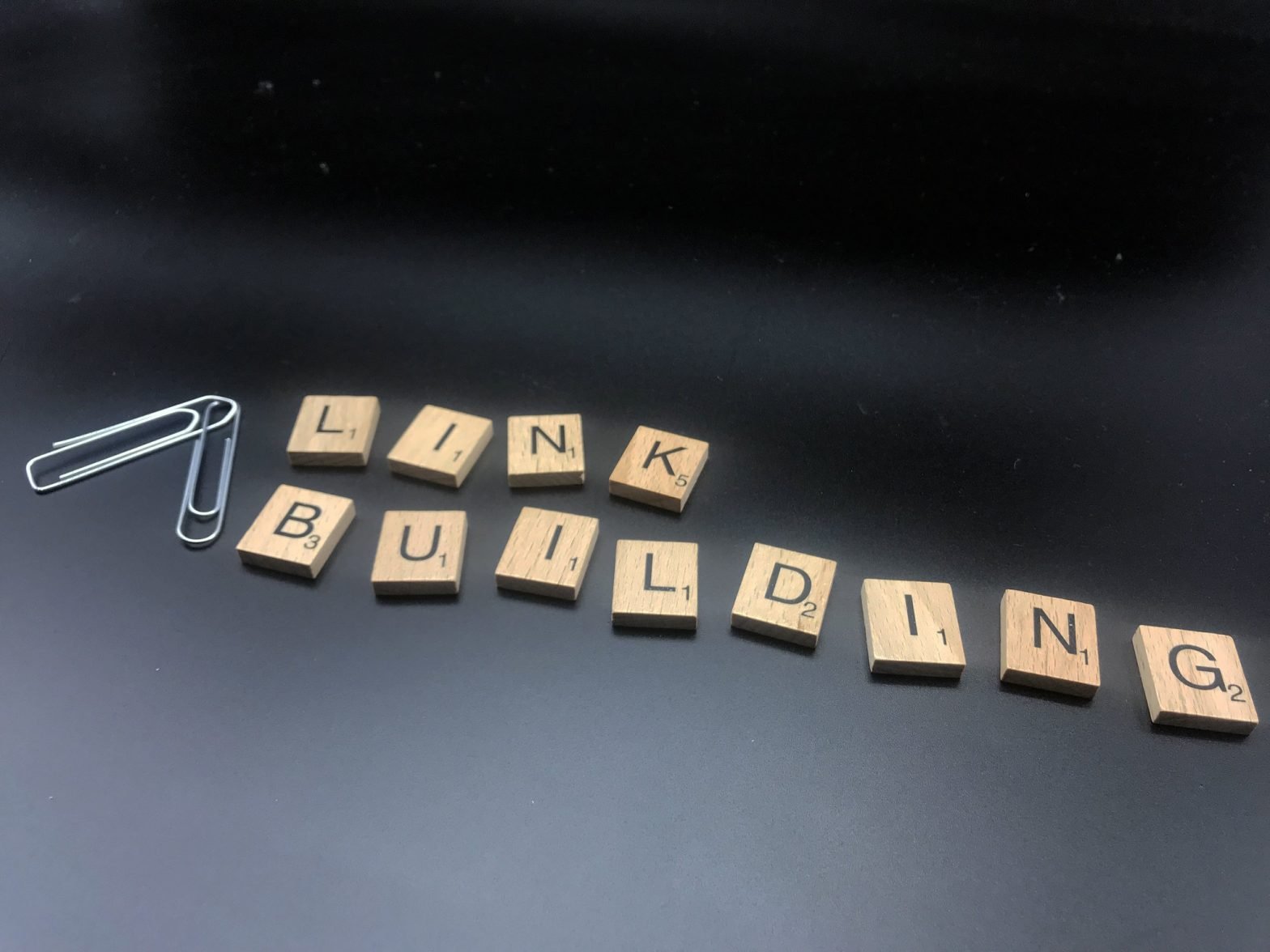“Link building is a waste of time for SEO” – At least, that is the claim made by an “SEO expert” on LinkedIn. But is link building a waste of time for better search ranking in 2020? Absolutely not.
When Google started, they set themselves apart from other search engines by using off-site factors to improve results. Beginning with the use of inbound links as a primary factor in determining search result placement. Over time Google added many more factors growing in complexity – Probably to the point where an AI now runs the show using thousands of data points, including some so personalized, they likely cannot be accounted for in an SEO strategy.
The saying for weight loss is “you cannot outrun a bad diet,” and with SEO, I’d say you cannot out link build a lousy site. If a web page doesn’t provide a good user experience and content that meets Google Bot’s expectation, no amount of links will rank it.
Fixing on-page problems are the first step Push ROI takes for any SEO project. But I’ve seen many websites climb up the search results pages after receiving links from a few quality websites, even with several subpar onsite factors. Like most things related to Google (maybe even life), success is the result of an overall score from a combination of factors.
If you’re trying to lose weight, you have to be in a caloric deficit. If you stop eating, you will eventually lose weight, up to the point you die. You shouldn’t just stop eating to shed a few pounds, and you don’t have to.
Most people understand the math of calories eaten versus calories burned from exercise. Although concepts like the energy used to turn a given food into fuel (thermic effect) and how many calories are burned during non-exercise activity (neat rate) tend to be ignored. Why, because it’s easy to focus on the two most significant factors.
It’s the same with Google; people find success using only the top few factors and ignore everything else. If an SEO only builds links, they can see results, and the same is true if they only optimize onsite. I’m seeing people who only want to focus on ranking Google My Business pages for local search.
All of these are parts of an overall SEO strategy. But most likely, no single factor will be enough long term. If a website reaches the top result for a keyword, based only on onsite changes, it can be knocked back to the second result if a competitor gets linked to from a large site. And, at some point, there are no more on-page changes left to make.
The chief argument of this self proclaimed “expert” was that “SEO’s spend too much time link building without optimizing onpage.” – This is sadly often correct. Not making onsite changes is foolish, perhaps as foolish as calling “link building” a waste of time. Just because, an SEO “expert” is bad at building links, doesn’t make the process a waste of time.
Link building done well is PR, not PBN’s. While using a private blog network, if done correctly, can still rank a website, it may not work forever. Even if private blog networks perpetually fool Google, we know getting a link from a website without traffic has no direct value outside of SEO. But I think everyone agrees a link from The New York Times will have value well outside of Google’s search results page. In fact, I’d take a mention in The New York Times print only, where it offers no SEO value.
Article by Mason Pelt of Push ROI. First published in MasonPelt.com on November 30, 2019. Photo: Link building stock style photo” by tecmark UK
